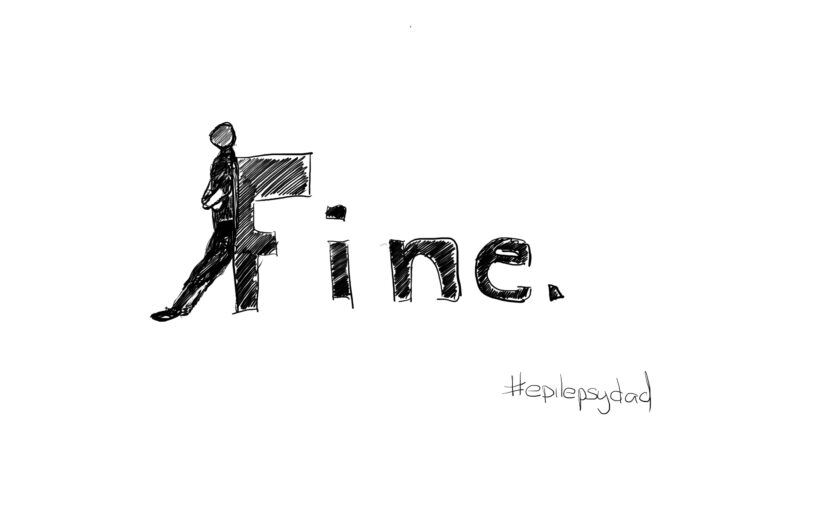On days when I work from home, I like to pick my son up from school. I sit in the line of cars slowly making their way to the exit and wait for the teacher to send him out.
As he walks toward the car, he looks exhausted most days. School asks more of him each year—more performance, more endurance, more emotional regulation, and more social navigation.
He throws his backpack into the back of the car and plops down in the front passenger seat.
“Hi, pal. How was school?” I ask.
“Fine.”
That’s it.
Fine. One word. One syllable. Full stop.
“Well, what did you do in…” and I’ll rotate through his subjects.
Sometimes I get a short answer, but most of the time he says he doesn’t remember.
As a parent, it’s frustrating. I can see that he’s tired, but I don’t want him to think that—by not asking how his day went—I don’t care. I genuinely want to know how his day was, what he did, and what he learned. I’m curious about his experiences and want to understand more about what he does and how he sees the world.
Additionally, my son struggles with his memory, so I feel pressure to ask the question right away—for a chance to hear any details before they fade. If I don’t get an answer, it feels like I’ve lost the opportunity to connect with him. It becomes an unmet need when his answer feels like it shuts the door.
But that’s my need.
His need, after working so hard all day just to get through it, is not to engage in that moment.
I recently read an article about how school is harder for kids today, and something clicked.
It may seem simple, but a genuine answer to the “how was school today” question requires considerable effort and decision making to synthesize information from a busy day.
When my son gets in the car, he’s not just carrying books in his backpack. He’s carrying the weight of every demand he had to meet. He’s carrying the exhaustion from seizure-disrupted sleep. He’s carrying the side effects of his medication. He’s used up every bit of energy just to make it through the day.
“Fine” isn’t a brush-off. It’s an exhausted plea for peace.
The article offered a simple but powerful suggestion:
Consider the purpose. Ask yourself whether you want to gather information or simply connect with your child.
As much as it feels urgent to gather information about his day—as a way to connect—it often does the opposite. It leaves me frustrated and leaves him more drained, trying to process my question, reach into his memory, and find the right words. Instead of connecting, in those moments, we drift farther apart.
My goal, always, is to connect with him.
I want him to know I’m happy to see him. I want him to know that I feel lucky to be able to pick him up. I want him to know that I see him. I want him to know that I appreciate how hard he worked to make it through the day and that I hope he’s proud of himself, because I am.
Instead of starting with a question that requires him to do more work, maybe I will start with a statement. Maybe one of those.
Or maybe I’ll just tell him how lucky I am to be his dad.

This is spot on.